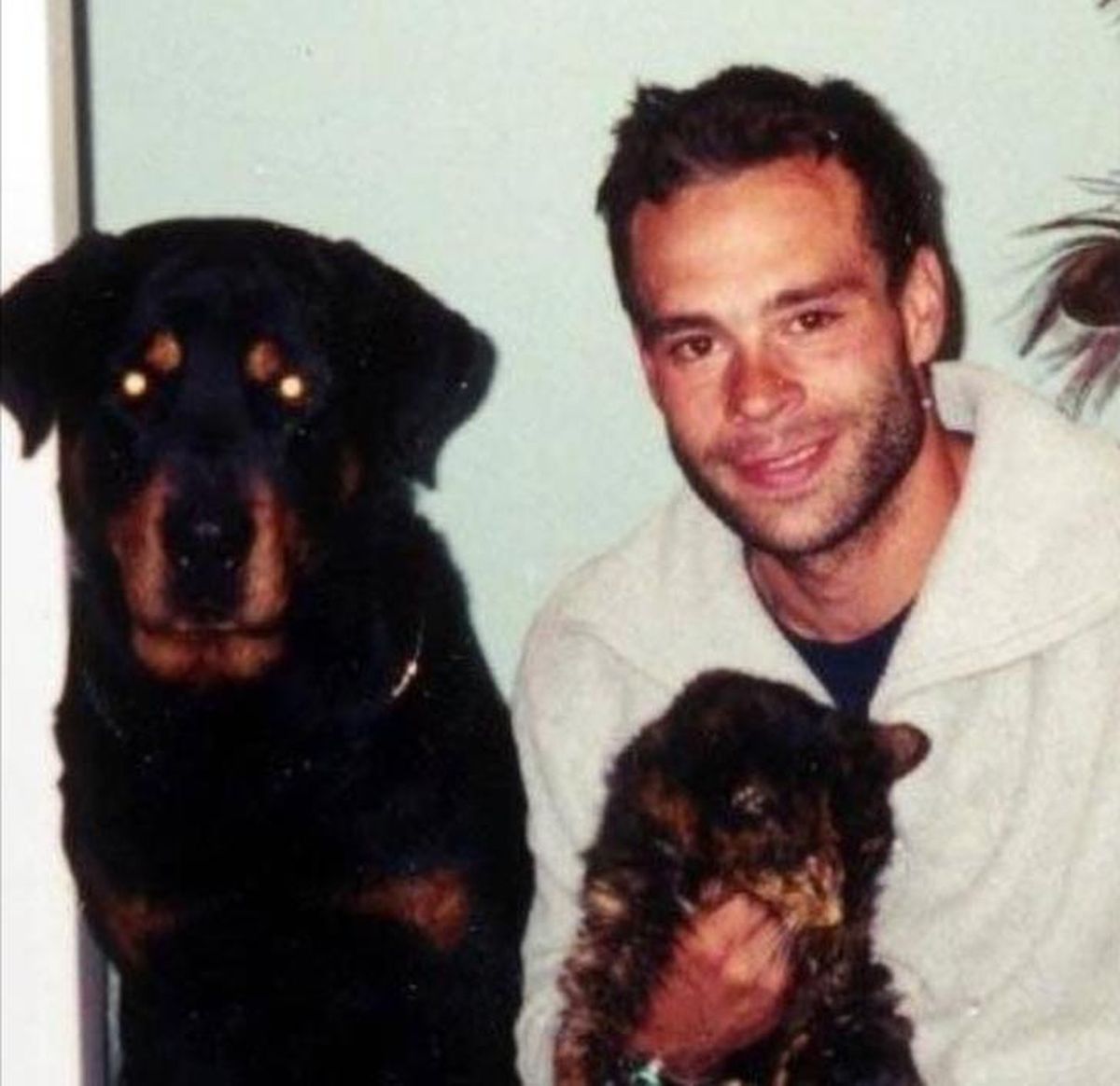Focus turns to missing in Canadian serial killer case

TORONTO – Judi Riley’s 47-year-old brother vanished while on a trip to Toronto nearly five years ago. Her family filed a police report and repeatedly prodded authorities for updates. But there were no leads, until now.
Riley, who lives in Hawaii, started getting emails from friends back in Canada, where she grew up, about the arrest of an alleged serial killer. Potential pieces to a disturbing puzzle began to fall into place.
The suspect, Bruce McArthur, is accused of preying on adult men in a gay neighborhood of Toronto where Jon Riley had spent time. The alleged killer owned a landscaping company, the kind of work Judi Riley said her brother was likely seeking at the time he disappeared.
“I literally fell to my knees in grief,” she recalled. “It made too much sense.”
Then Riley got a call from police, who thought it made sense as well. Authorities say McArthur killed at least seven men, but investigators believe more victims will be found as they comb through crime scenes and re-examine long-stale missing personcases like that of Jon Riley.
McArthur has so far been charged with six deaths and has not yet entered a plea. His lawyer has not responded to repeated requests for comment. Police won’t say how many potential victims there could be, but they are reviewing hundreds of missing person reports in Toronto as well as elsewhere in Canada and places where he has traveled, including Italy and Mexico.
“We are tracing his whereabouts as far back as we can go,” said Sgt. Hank Idsinga, the lead detective in the case.
Police say McArthur allegedly targeted men he met through dating apps that cater to gay men, at bars in the “Gay Village” area of Toronto, as well as male prostitutes. His most recent known alleged murder was in June and he has been charged in the death of a 40-year-old man who disappeared in September 2010.
Families of adults who have been reported missing have been critical of police for not doing enough to find their loved ones. One challenge is the volume. More than 600 people have been reported missing in the police precinct that includes the Gay Village over the last four years and about 30 cases remain open.
Criminal experts say it’s unlikely that someone would become a serial killer later in life, so if the allegations are true, there could be earlier victims. “If it turns out he was killing in the mid-1970’s it would not be unusual. In fact it would be surprising if he had not been,” said Peter Vronsky, a history professor at Ryerson University in Toronto who has written two books about serial killers. “Once you hit that late age, serial killers are retiring.”
McArthur moved to the Toronto area around 2000. He previously lived in a suburb of the city, where he was married, raised two children and worked as a traveling salesman of underwear and socks. His landscaping business was small, but he did periodically hire workers, including the 40-year-old man who disappeared in 2010.
Judi Riley, a children’s book author who now lives on Maui, said her older brother had worked as landscaper in the past, though he didn’t have a steady job at the time of his disappearance. He had left a note for their mother saying he was headed for a few days to Toronto, and in the past had stayed in hostels and shelters in Gay Village.
She said authorities have asked her for photos of her brother and asked about identifying details such as scars. They asked to look at his computer, something she wishes they had done much earlier.
Police also have requested dental records from the family of Abdulbasir Faizi, a 42-year-old who moved to Canada from Iran and disappeared December 2010. His family learned after he vanished that he had been using gay dating apps and visiting bathhouses in Gay Village, according to a relative.
“For sure he is one of the victims,” said the relative, who spoke on condition of anonymity because others in the family do not want to speak publicly about the matter. “He would not have left his family. He had a very good relationship with his daughters.”
Linda Shaw of Waterloo, Ontario, has closely monitored the case for any word of her son, 30-year-old David MacDermott. He was last seen in November 2002 at a gay nightclub in Kitchener, about a 90-minute drive from downtown Toronto. She says she doesn’t have any reason to believe he was a victim of McArthur, but she runs to the phone each time it rings in hopes that it could bring news about him.
“I sit and listen about the McArthur story on TV constantly, constantly,” Shaw said. “You think ‘Wow, could this be the answer, could this please?’ We literally beg God.”
Friends have told Judi Riley not to read about the McArthur case but she can’t help it. “It’s been a devastating time for us. It’s really hard for me to talk about Jon without falling apart,” she said.
“I don’t want it to be true.”